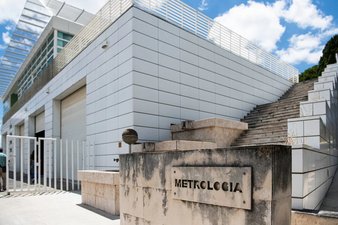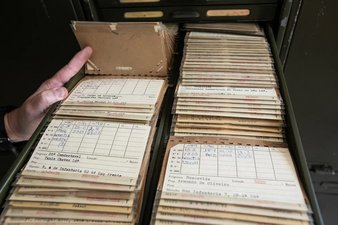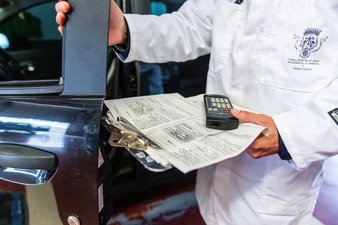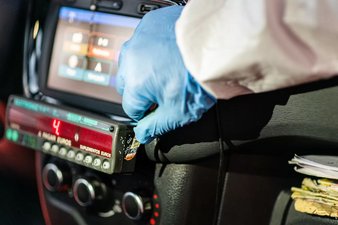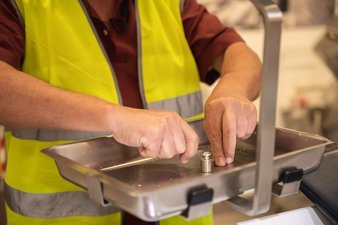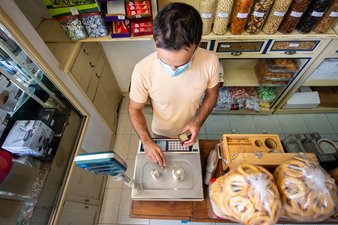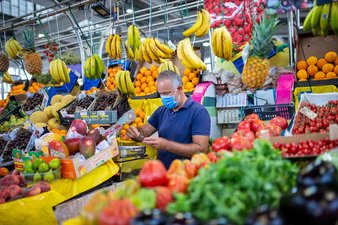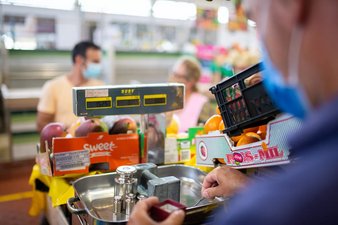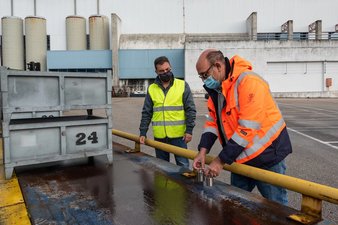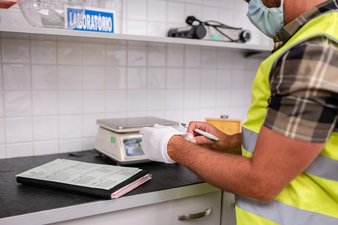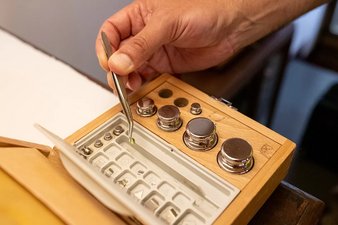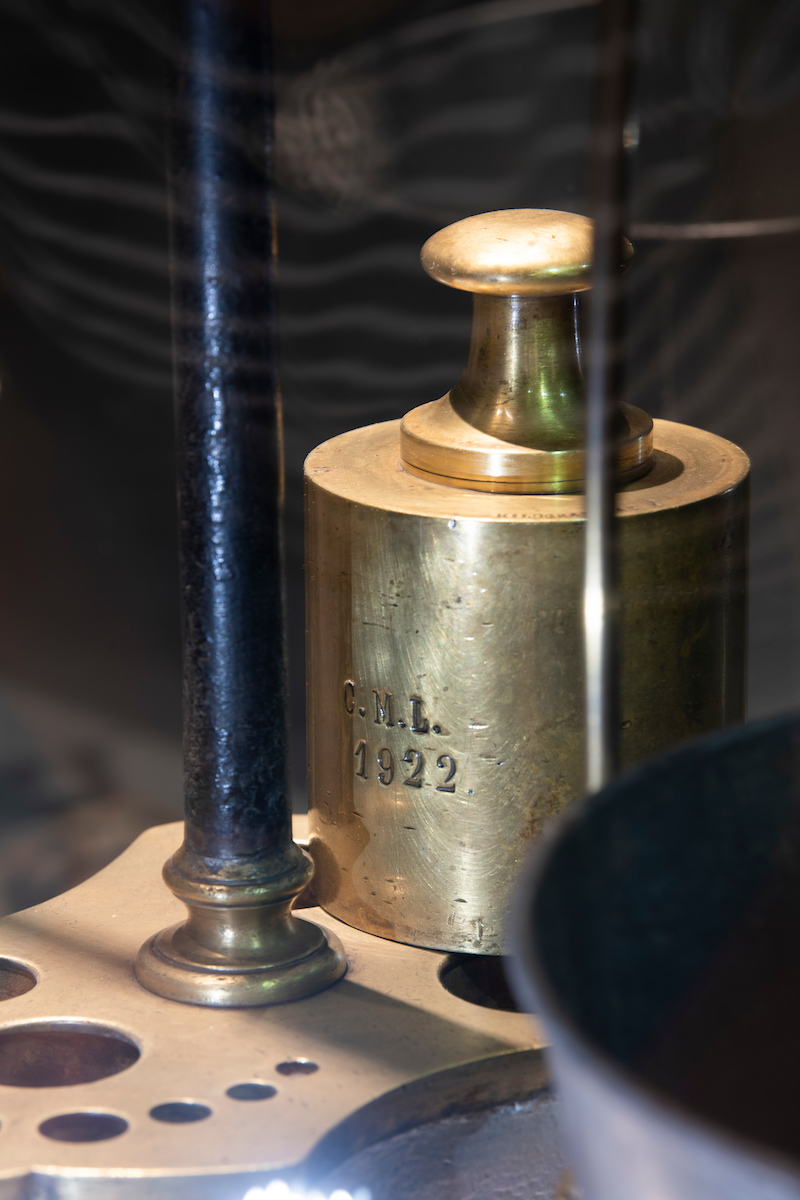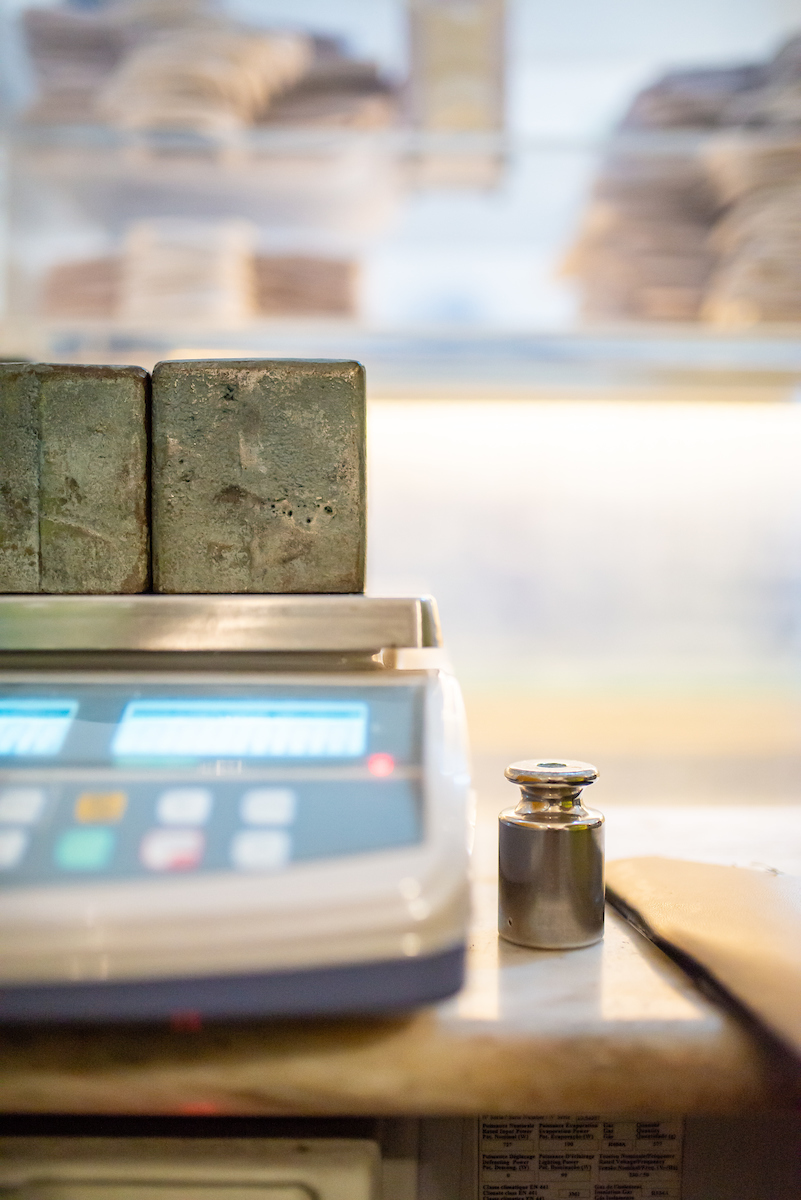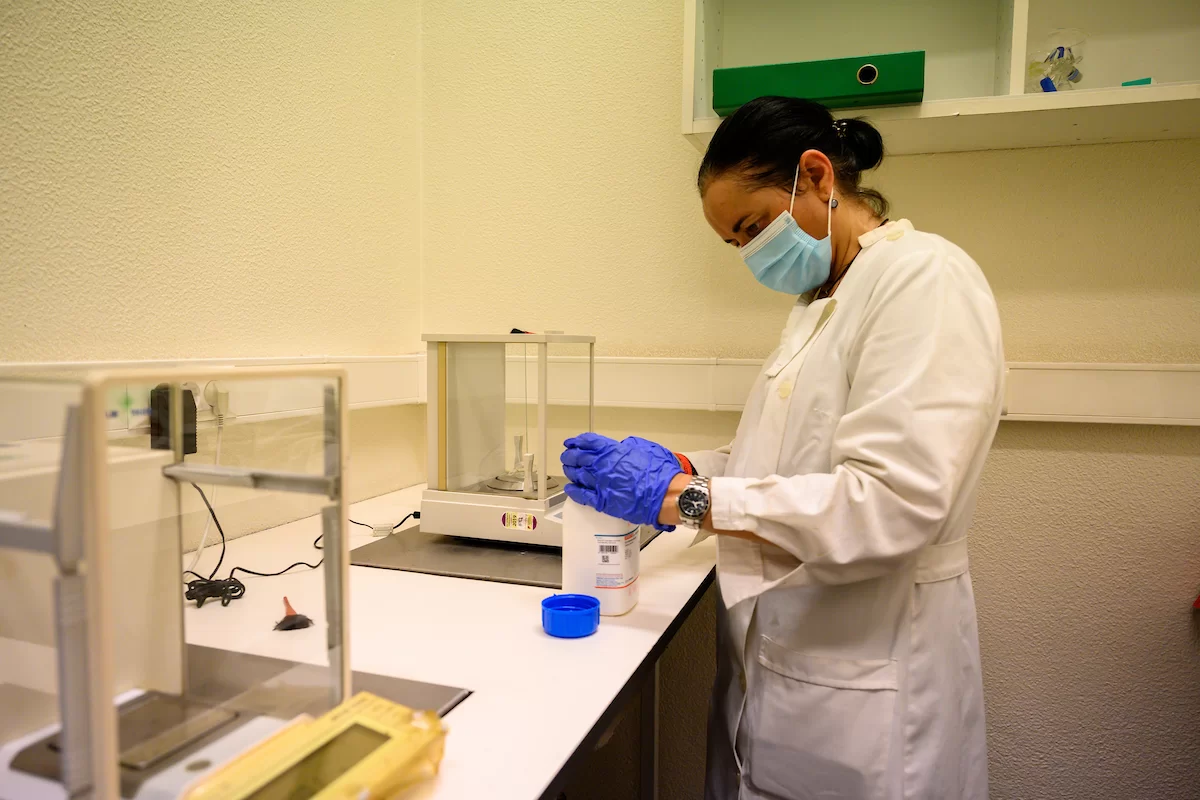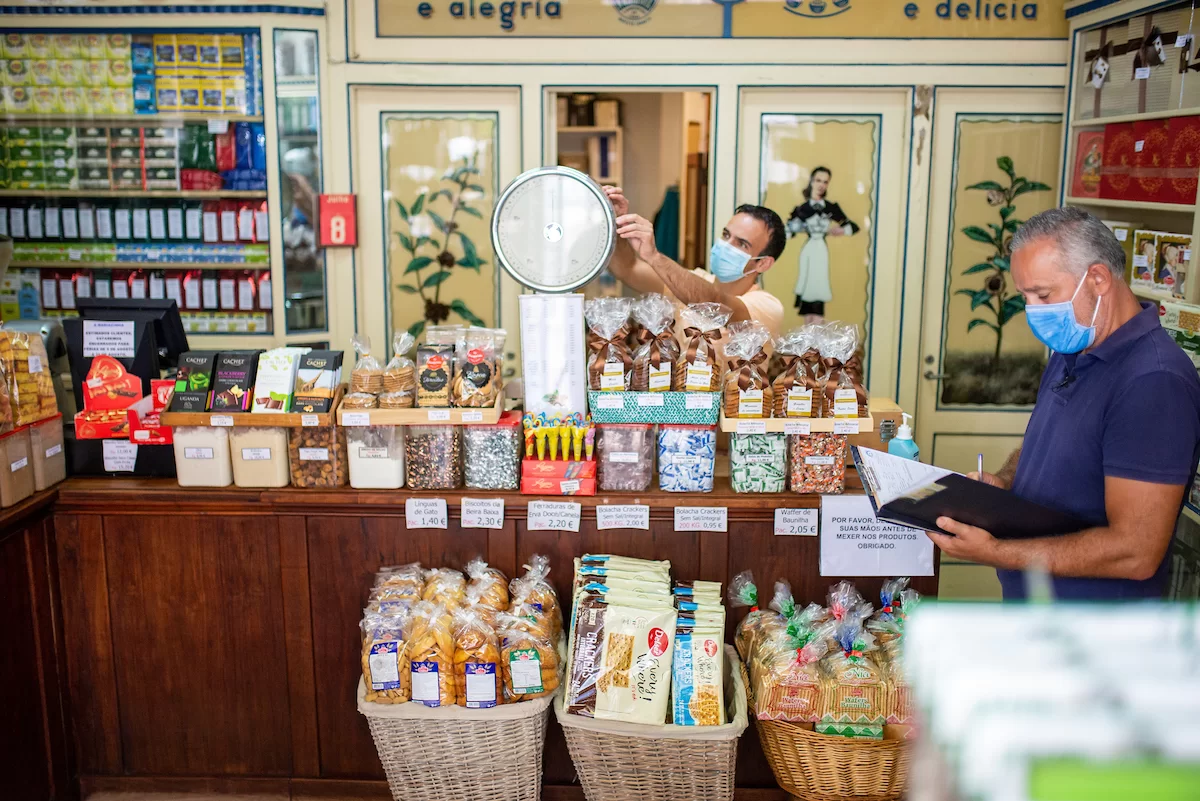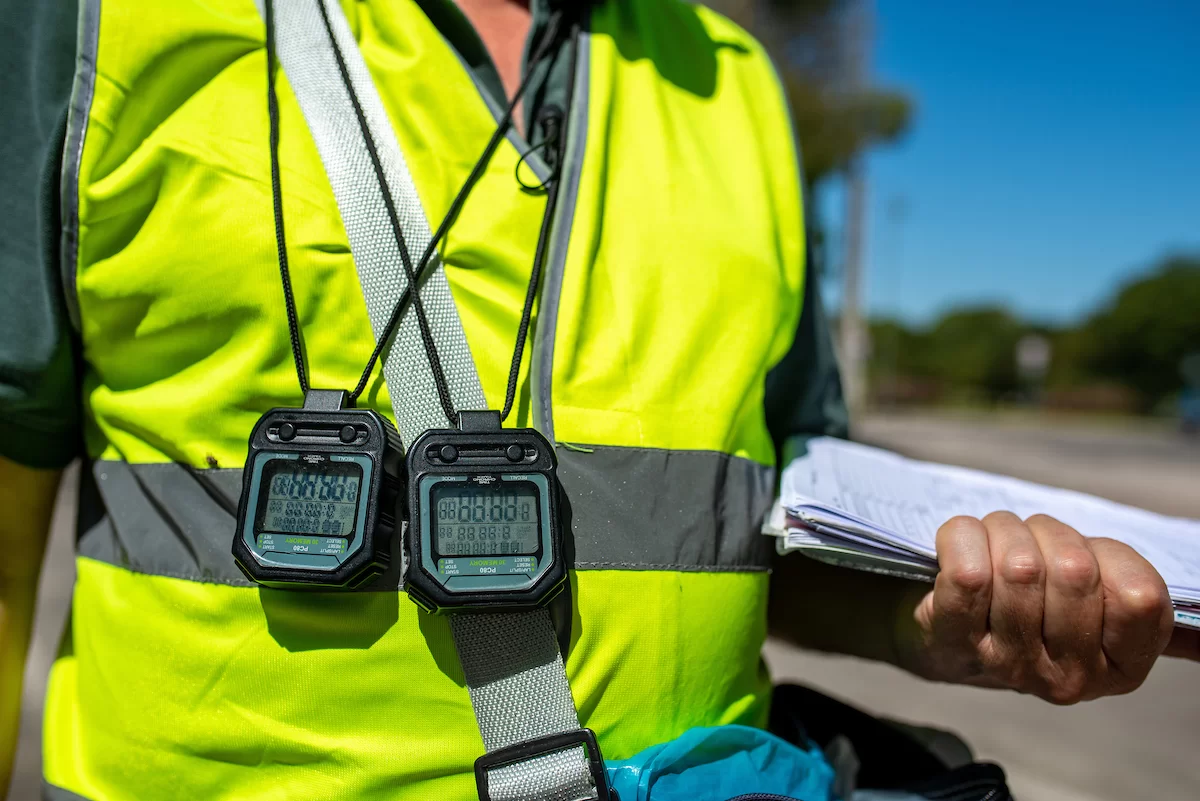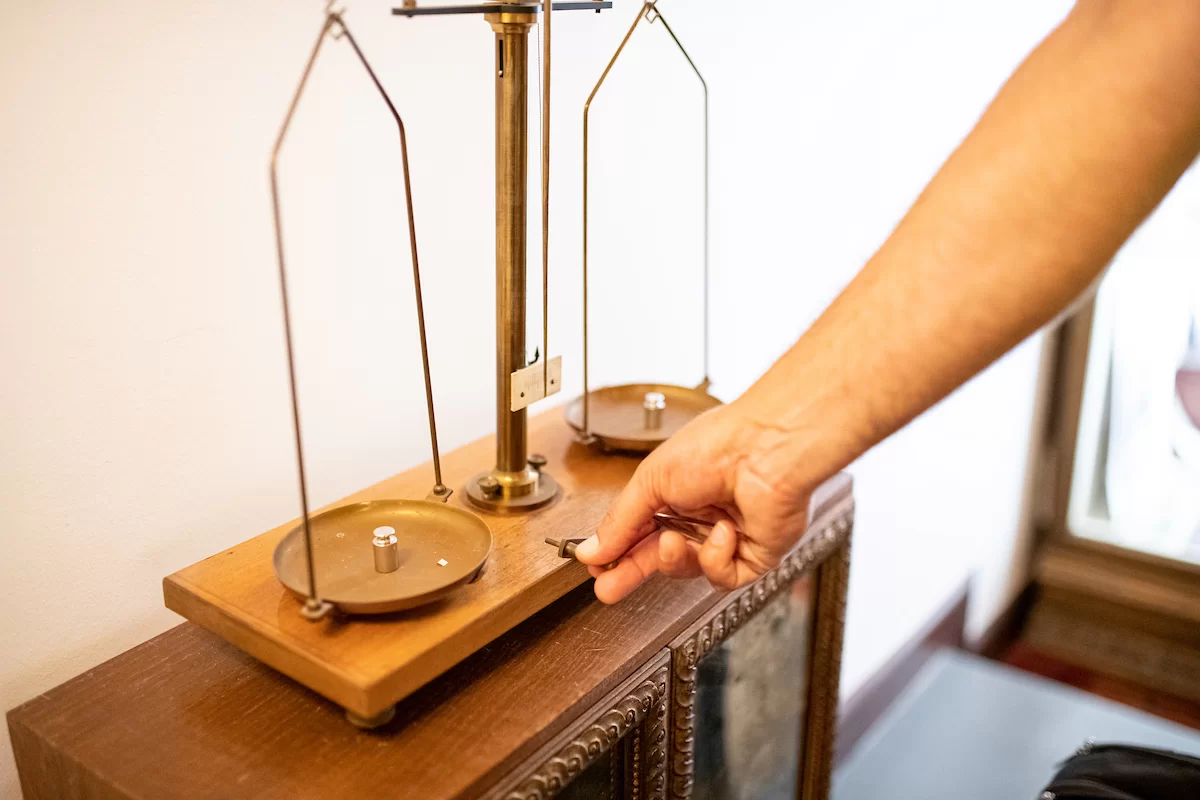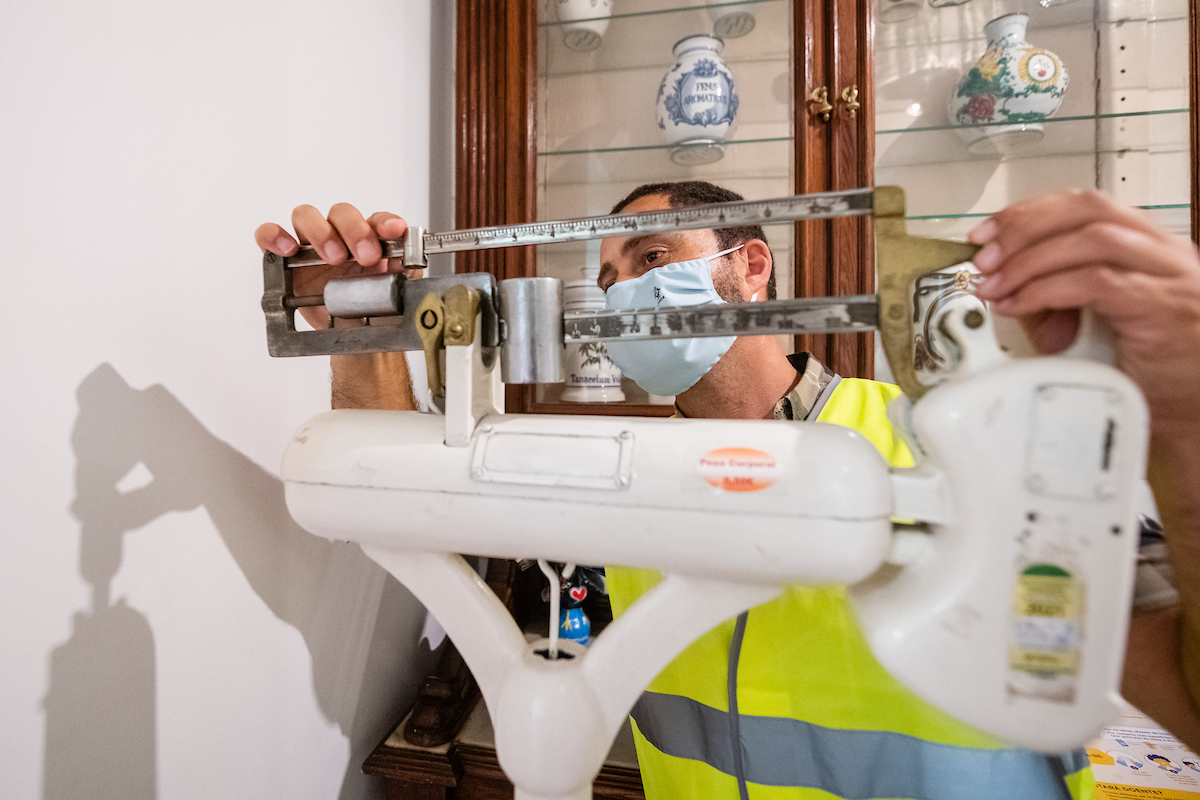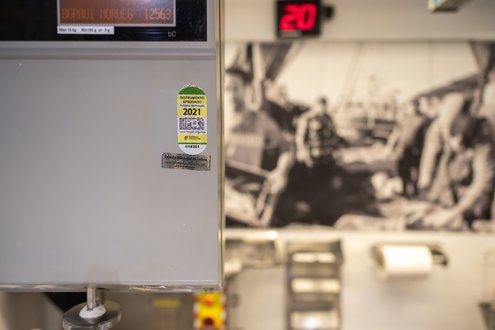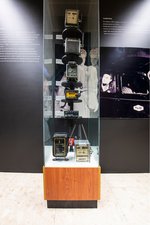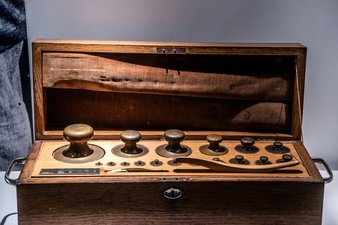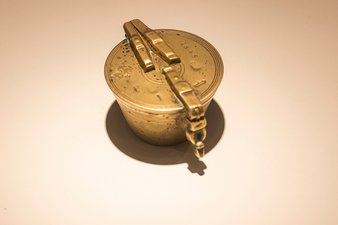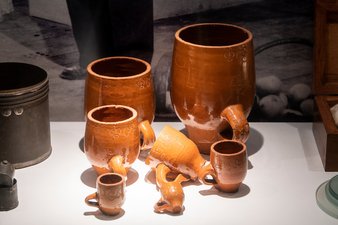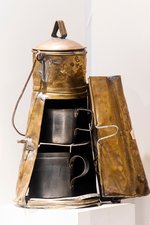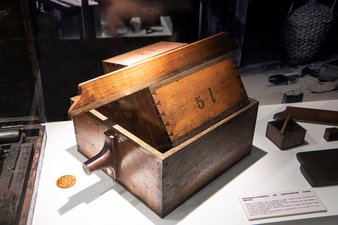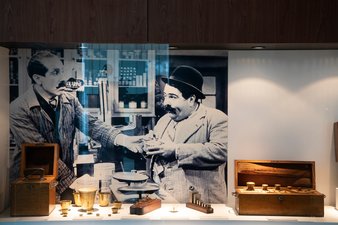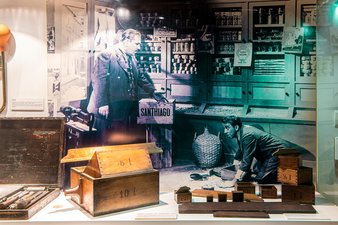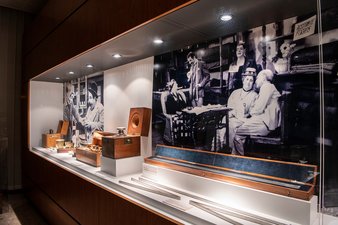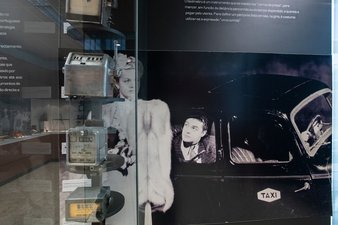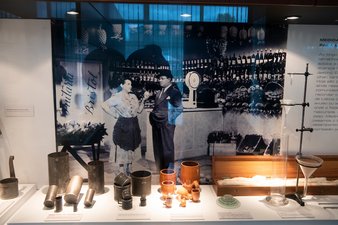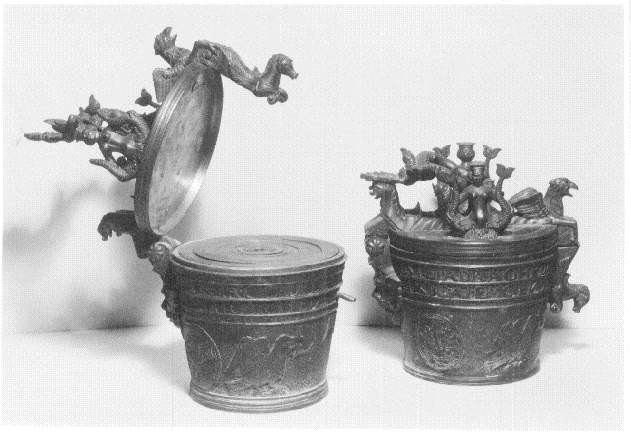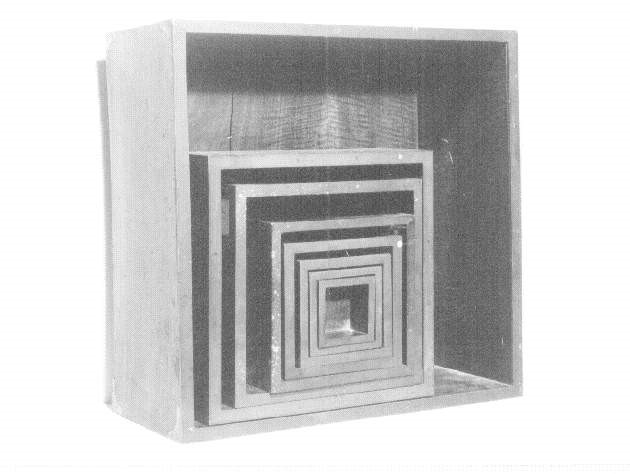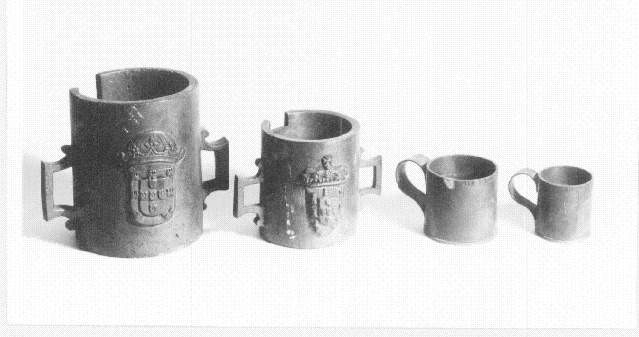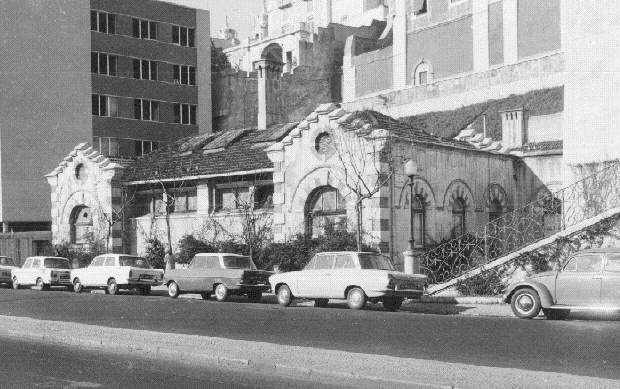Metrology
Metrology works to protect citizens as consumers and traders, safeguarding their rights when carrying out commercial transactions. It arose from the need felt by the first civilizations that traded and today, it is reinforced by the demands of global trade. Its advances have been accompanied by technological developments with new needs and challenges, capable of responding to society's current demands.
At the service of Lisbon City Council since 1935
In 1812 the first steps were taken in our country towards the adoption of the Decimal Metric System, a unitary system of weights and measures based on the measurement of the earth's meridian and decimal division. This system came into force in July 1861, following the publication of the Decree in December 1852. The Gauging Service in the country's municipalities was decreed on December 29, 1860, with each town council being responsible for training and managing the gaugers, who were given the appropriate qualification to exercise the profession known as gauging.
The Lisbon City Council (CML) Gauging Service was set up in 1935, with premises on Avenida 24 de Julho, and attached to the sector responsible for ensuring the city's public lighting. It remained here until the early 90s. Accompanying the various restructurings of the CML, the Gauging Service gave rise to the Metrology Service, which remains to this day, based at the Olivais site on Avenida Infante Dom Henrique, Lote 1, as part of the environment department.
The Metrology Service (SM) is a qualified service that technically depends on the Portuguese Quality Institute (IPQ), the institution that heads the National Metrology System and from which, as such, all metrological regulations in Portugal emanate.
Do you know the popular expression "two weights and double standards"?
It means that an injustice has been committed, as could happen in the past with weighing. The application of weights and measures could vary from land to land. In order to counteract this injustice, King Manuel, during his reign, had the Regiment of Weights published in 1502 (which explained the system of weights) in a law that was to go to the councils , called the Regiment of the Officials of the Cities, Towns and Places of these Kingdoms.
Avoiding commercial transactions with "two weights and two measures" and promoting accurate buying and selling is the main competence of the Lisbon Metrology Service, the body responsible for ensuring the periodic verification of measuring instruments involved in commercial transactions, complying with the respective metrological control regulations and with powers delegated by the IPQ - Instituto Português da Qualidade (Portuguese Quality Institute).
The Metrology Service periodically checks various measuring instruments: weights, scales, taximeters, parking meters and time counters (e.g. billiards).
It is the job of the Measurer, i.e. the Metrology Technician, to guarantee the accuracy of measurements, protecting citizens as consumers and traders, safeguarding their rights both in commercial transactions and in other areas that use these instruments:
- Health in its diagnosis and treatment through Hospitals, Pharmacies and Health Centers
- Research in promoting quality of life through the instruments used in Laboratories and Analysis Centers
- Commercial and catering establishments, increasing the number of stores with a history, bulk sales methods using more environmentally friendly pre-packaging, investment in quality of life
- Airport security, guaranteeing the values of the cargo being transported
The Gauger
The profession of Measurer, or Metrology Technician as it is currently known, is one of the oldest professions and one that continues at Lisbon City Hall.
A Measurer with a Metrology Technician degree guarantees the quality of products, providing total reliability in measurement systems. To do this, they assess the accuracy of measuring instruments with in-depth knowledge of weights, measures and systems of units.
Their work has a low profile, but we must not forget that it is on them that all fair commercial transactions depend, on which the development of the country's economy and that of the world depends. Who is in the habit these days of haggling and arguing in the supermarket, pharmacy, airport or even the butcher's shop with the person who weighed their products?
It is thanks to the Measurer that the customer and the merchant have confidence in their transactions. So we know that 100 grams really is 100 grams! 5 liters must really be 5 liters! 2 kg must be 2 kg, always and equally for everyone.
Metrological control
It is carried out by CML's Metrology Service in the municipalities of Lisbon and Oeiras. The public is informed with a security label identifying whether the "instrument is verified" or "rejected". This information label is valid every year and shows the year in which the scale will have to be checked again, and each year corresponds to a color.
Gauging Museum
The Measurer's Museum has different standards of measuring instruments and capacity measures, essentially standards used in the service itself throughout its activity and also some pieces collected over the years.
There are many curiosities to discover...
... and also some well-known expressions with weight and measure!
"A handful of words"
"Give it your all"
"Men can't be measured in palms"
"Going the extra mile"
any visit always requires prior booking, which should be made by email to dmaevce.daeac.dae@cm-lisboa.pt.
the visit will last approximately 1h30.
avenida Infante Dom Henrique, Lote 1, 1800-220 Lisbon.
More information
Curiosities from the last century
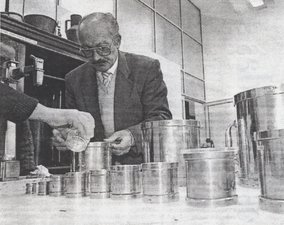






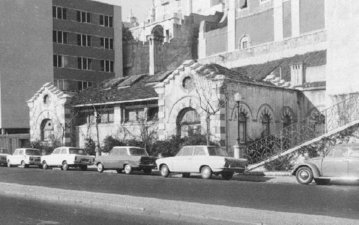
Curiosities from the last century
World Metrology Day is celebrated on May 20th
The anniversary of the signing of the Metre Convention, celebrated on May 20, 1875, by representatives of seventeen countries, including Portugal. This Convention led to the creation of the Bureau International des Poids et Mesures (BIPM), establishing the framework for global collaboration in the science of measurement and its applications, forming the basis for a coherent and universal measurement system that supports scientific innovation, industrial production and international trade, as well as quality of life and global environmental protection.

